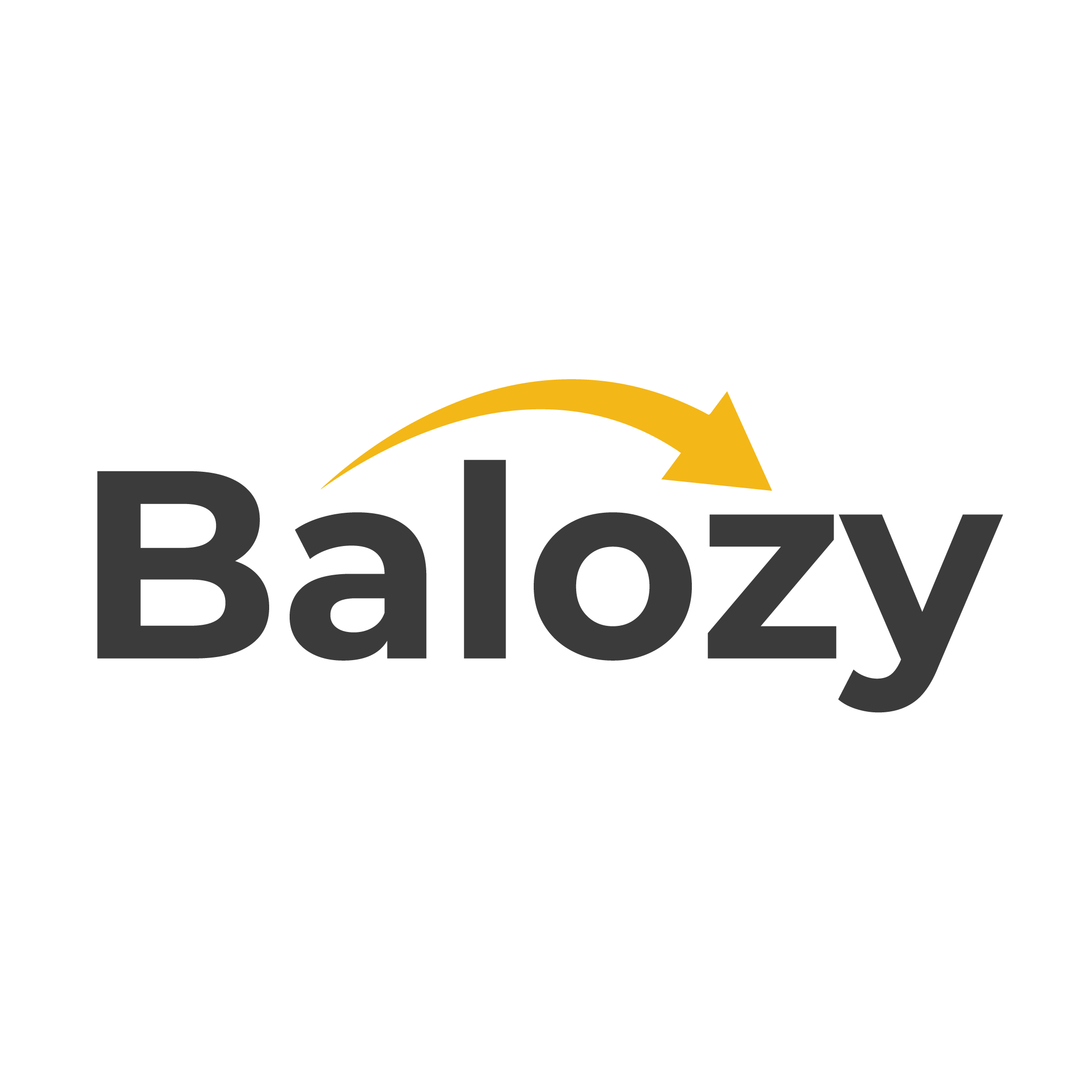In Kenya, M-Pesa isn’t just mobile money—it’s the heartbeat of everyday transactions. From buying airtime to paying rent, it’s the go-to tool for millions. But beyond convenience, M-Pesa can be your gateway to building credit, accessing better loans, and growing your business sustainably.
Whether you’re a fundi in Rongai, a mama fua in Kisii, or a salon pro in Nyali, understanding how to use digital finance wisely can unlock serious growth. Let’s break it down.
📲 M-Pesa: Your First Credit Trail
Launched in 2007 by Safaricom, M-Pesa revolutionized financial access by allowing Kenyans to send, receive, and store money via SMS—even without a bank account. Today, it’s used by over 60 million people across East Africa, and it’s become a powerful tool for building financial credibility.
Here’s how to turn your M-Pesa activity into a credit-building asset:
- ✅ Use M-Shwari or KCB M-Pesa to save and borrow responsibly. These platforms track your repayment behavior and help build your digital credit score.
- ✅ Repay loans on time. Timely repayment signals financial discipline and boosts your creditworthiness.
- ✅ Transact regularly. Frequent, consistent transactions show stability and reliability.
- ✅ Link M-Pesa to a bank account. This bridges you into formal banking and opens doors to larger financial products.
Tools like even assess your M-Pesa patterns—like who you send money to, where you shop, and how you save—to predict your creditworthiness. Your mobile wallet is more than just a payment tool—it’s your financial CV.
✅ Good Loan vs ❌ Bad Loan: Know the Difference
Not all loans are created equal. In Kenya, understanding the difference between good debt and bad debt can make or break your hustle.
| Type of Loan | Good Loan 💚 | Bad Loan 💔 |
|---|---|---|
| Purpose | Business growth, education, property | Lifestyle spending, impulse buys |
| Return on Investment | Generates income or value | Drains finances, no long-term gain |
| Example | Business expansion loan, HELB loan | Payday loan, mobile loan for shopping |
| Impact | Builds assets and credit history | Creates debt traps and stress |
Good debt puts money in your pocket. Bad debt takes it out. A car loan for Uber? Good. A car loan for weekend drives? Maybe not.
Even education loans like HELB can be good debt—if your future income can comfortably repay it. But if you borrow without a clear ROI, it becomes a burden.
🏦 Building a Relationship with Your Bank
Want to grow your business beyond M-Pesa? You’ll need a bank that knows you—and trusts you.
Here’s how to build that relationship:
1. Open a Business Account
Start with a simple current account. Use it for all business transactions to create a clean financial trail.
2. Maintain Clean Records
Banks love transparency. Keep receipts, invoices, and transaction logs. Use accounting apps or even Excel to track income and expenses.
3. Start Small
Begin with savings or microloans. Repay them on time to build trust. Banks like Equity, NCBA, and KCB offer tailored SME products.
4. Attend Financial Literacy Workshops
Many banks host free training sessions. Learn about budgeting, loan types, and investment strategies.
5. Ask for Advice
Don’t just walk in when you need money. Visit your bank manager regularly. Ask about products, grants, or partnerships that suit your business.
6. Use Your Bank for Payments
Pay suppliers, staff, and bills through your bank. This builds transaction history and shows your business is active.
7. Apply for Credit Strategically
Once you’ve built trust, apply for a loan that aligns with your growth goals. Avoid borrowing for emergencies—plan ahead.
💡 How Banks View You: The Credit Score Equation
Banks assess your creditworthiness using several factors:
- ✅ Transaction history (M-Pesa + bank)
- ✅ Loan repayment behavior
- ✅ Business cash flow
- ✅ Assets and liabilities
- ✅ Industry risk profile
Platforms like even analyze your M-Pesa usage to predict your spending habits, savings behavior, and risk level. They check:
- ✅ Frequent paybill usage
- ✅ Savings on M-Shwari or KCB M-Pesa
- ✅ Lifestyle spending (beauty, fuel, shopping)
- ✅ Loan servicing patterns
- ✅ Sacco contributions and insurance payments
This data helps banks decide whether to lend—and how much.
🚀 Growing Your Hustle: From Mobile to Bankable
Here’s a roadmap for turning your side hustle into a scalable business:
🔹 Step 1: Formalize Your Business
- ✅ Register your business name
- ✅ Get a KRA PIN
- ✅ Open a business bank account
🔹 Step 2: Track Your Finances
- ✅ Use M-Pesa statements + bank records
- ✅ Separate personal and business expenses
- ✅ Monitor cash flow weekly
🔹 Step 3: Build Credit
- ✅ Use M-Shwari or KCB M-Pesa responsibly
- ✅ Apply for small loans and repay on time
- ✅ Join a Sacco and contribute regularly
🔹 Step 4: Engage Your Bank
- ✅ Attend SME forums
- ✅ Ask about asset financing, overdrafts, and grants
- ✅ Explore partnerships (e.g. Equity’s Wings to Fly or NCBA’s SME toolkit)
🔹 Step 5: Scale Strategically
- ✅ Use loans for inventory, equipment, or marketing—not lifestyle
- ✅ Hire slowly and train well
- ✅ Invest in branding, customer service, and digital tools
🧠 Smart Borrowing Tips for Kenyans
- ✅ Avoid impulse loans. Don’t borrow just because it’s easy.
- ✅ Compare lenders. Look at interest rates, repayment terms, and hidden fees.
- ✅ Use credit for growth. Borrow to make money—not spend it.
- ✅ Build an emergency fund. Avoid borrowing for medical bills or rent.
- ✅ Don’t mix loans. Avoid borrowing from one lender to pay another.
- ✅ Read the fine print. Understand penalties, rollover fees, and default terms.
🌍 Why This Matters: Financial Inclusion & Economic Growth
Kenya’s mobile money revolution has boosted financial inclusion, especially in rural areas. But to truly grow, we need to move from mobile-only finance to full financial empowerment.
That means:
- ✅ Using M-Pesa as a stepping stone—not the final destination
- ✅ Building relationships with banks, SACCOs, and microfinance institutions
- ✅ Understanding debt, credit, and financial planning
- ✅ Creating businesses that can scale, hire, and thrive
As platforms like Balozy empower service providers with verified work and digital visibility, financial literacy becomes the next frontier. Because trust isn’t just about reviews—it’s about financial credibility.
🔚 Final Thoughts: Hustle Smart, Borrow Smarter
In Kenya’s fast-moving economy, your credit score is your hustle score. Use M-Pesa wisely, borrow with purpose, and build trust with your bank. Whether you’re a mama fua in Meru or a techie in Nairobi, financial discipline is the bridge between today’s gig and tomorrow’s empire.

